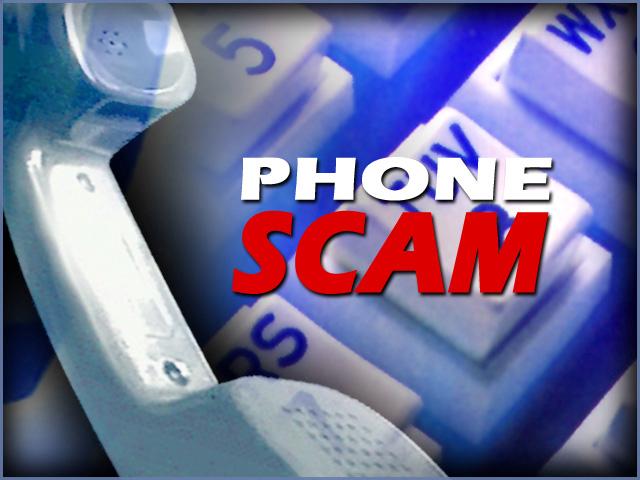Crooks target local grandparents, pose as Revenue Canada in multiple scams
Phone Scams
Phone scammers are targeting local grandparents and playing on their emotions to rob them. A typical scenario is a grandparent will receive a phone call from a scammer claiming to be one of his or her grandchildren. The caller says they are in some kind of trouble and need money immediately.
They claim to have been in a car accident or having trouble returning home from a foreign country or in need on bail money. The caller will ask you questions in order to get you to volunteer information and there may be a second scammer involved claiming to be the police or a lawyer. They will ask you to send money through a wire transfer company.
Ways to protect yourself.
- Remember that the scammer is counting on you to act quickly to help your loves ones.
- Never send money to someone you don’t know and verify the person’s identity and validity of the story before you take any steps to help.
- Ask the caller questions only you and your loved one would know the answers to. Call the childs parents to verify the story.
- Don’t give out personal information to the caller.
- Ask yourself.” Does the caller’s story make sense?”
Report scams to your local police as well as the Canadian Anti- Fraud Centre at 1-888-495-8501, or www.antifraudcentre.ca. This article is a press release from the Trail & Greater District Detachment of the RCMP.
Phishing scam
Beware of fraudulent communications purporting to be from Canada Revenue Agency. Occasionally, taxpayers may receive, either by telephone, mail, or email, a communication that claims to be from the Canada Revenue Agency (CRA) but is NOT. In all these cases, the communication requests personal information, such as a social insurance, credit card, bank account, and passport numbers, from the taxpayer. These fraudulent communications are also referred to as scams or phishing.
Invariably, the communication argues that this personal information is needed so that the taxpayer can receive a refund or benefit payment. Another common scam refers the person to a Web site resembling
the CRA’s Web site where the person is asked to verify their identity by entering personal information. Taxpayers should not respond to such fraudulent communications.
To better equip taxpayers to identify those communications that do not come from the CRA, the following general guidelines are provided.
The CRA does not do the following:
- The CRA will not request personal information of any kind from a taxpayer by email.
- The CRA will not divulge taxpayer information to another person unless formal authorization is provided by the taxpayer.
- The CRA will not leave any personal information on an answering machine.
You will find examples of a fraudulent letter, emails, and online refund forms on the CRA’s Web site. If you have responded to a fraudulent communication and have become a victim of fraud, please contact your local police, the Royal Canadian Mounted Police’s Canadian Anti-Fraud Centre by email at info@antifraudcentre.ca or call 1-888-495-8501.


























Comments